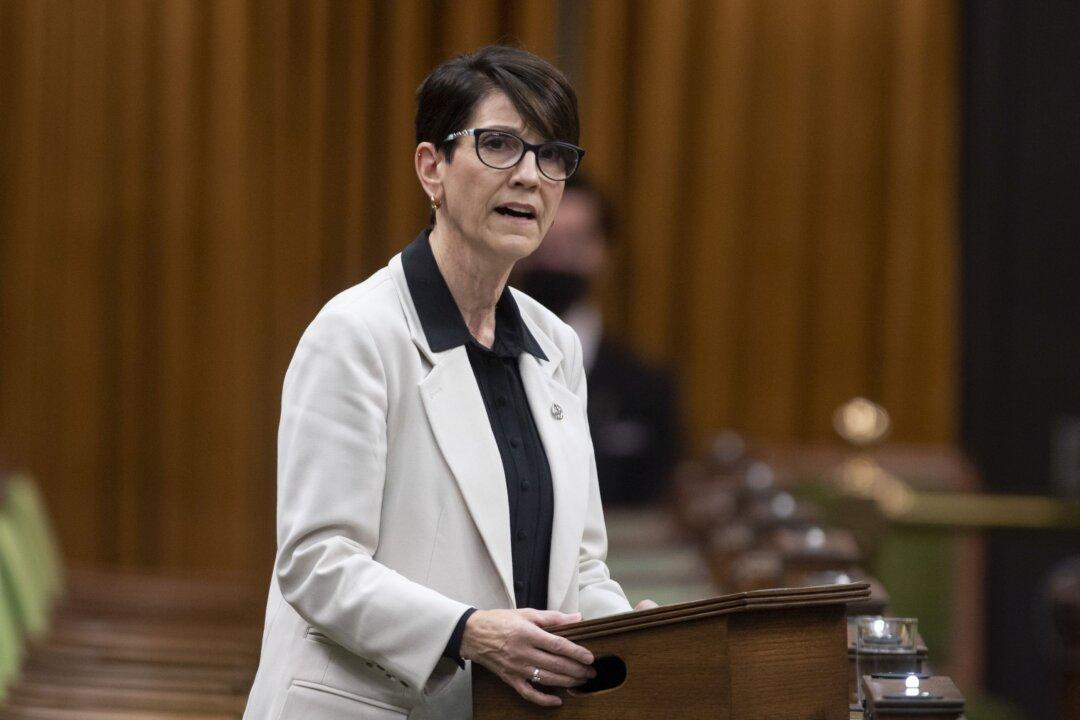Two academic ethicists say the pandemic has heightened the importance of the latest parliamentary attempt to give conscience rights to Canadian doctors.
Conservative MP Kelly Block introduced Bill C-230, the Protection of Freedom of Conscience Act, as a private member’s bill in the House of Commons on Feb. 4.





